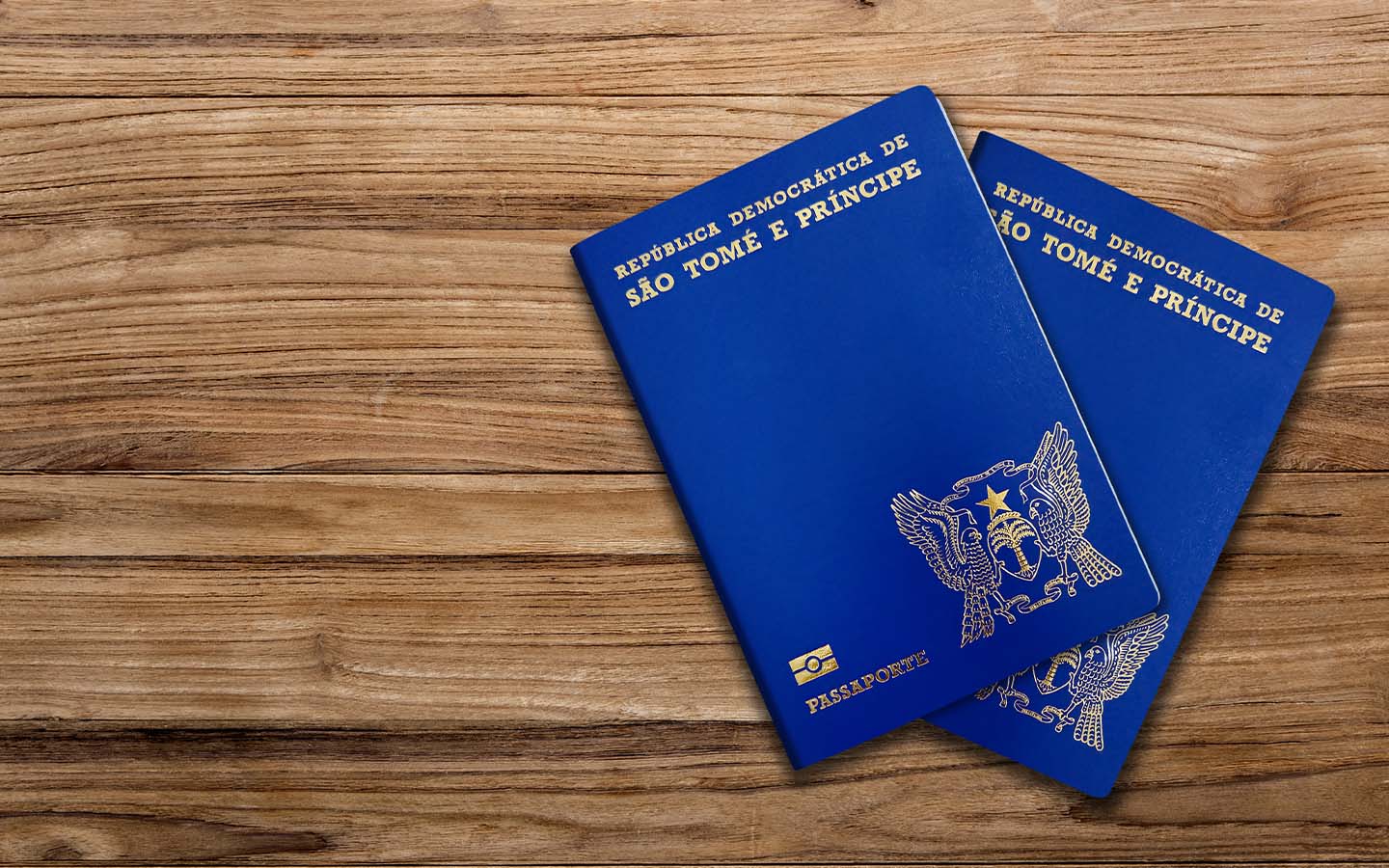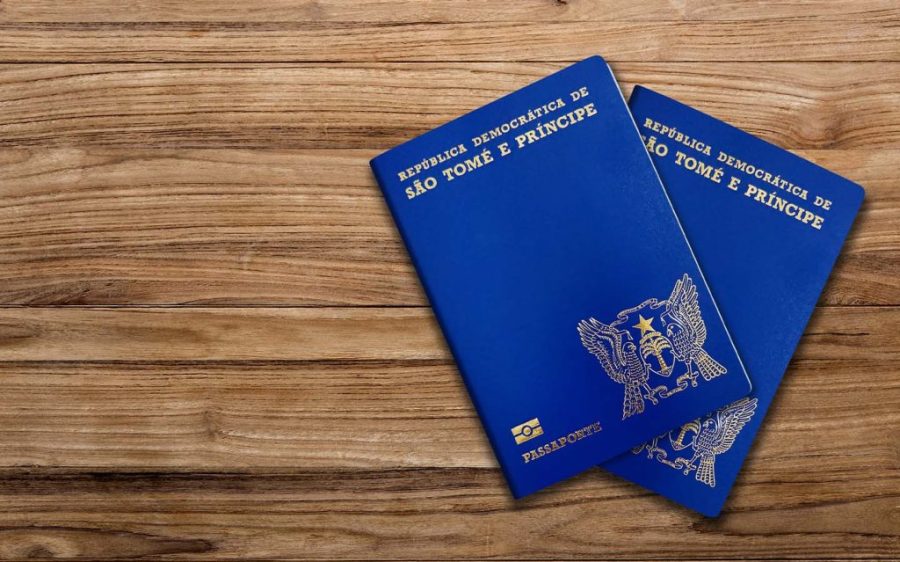A new citizenship by investment programme is now in effect in São Tomé and Príncipe, enabling individuals from nearly every country in the world to become a citizen for less than US$100,000, reports Lusa.
The São Tomé and Príncipe passport currently ranks 82nd on the Guide Passport Index, offering visa-free access to 58 destinations worldwide, according to Visaindex. By comparison, the Portuguese passport ranks 5th and the Macao passport ranks 33rd on the same index.
The decree-law was approved in May, promulgated in late July, and took effect 1 August. It establishes the Citizenship Investment Unit, a public-private partnership to process applications.
The government signed a 10-year contract with Dubai-based company Passport Legacy, giving it “exclusive rights to design, establish, implement, operate, manage, administer and process all applications” on behalf of the government. Under the deal, the government receives 56 percent of revenues while Passport Legacy gets 44 percent.
The contract also includes an intention to establish an embassy in Abu Dhabi and general consulate in Dubai, having appointed Passport Legacy “as its exclusive partner to assist in the establishment and financing of the creation” of the embassy.
[See more: Macao investors told of new options in Portugal’s Golden Visa programme]
Opposition leader Américo Barros criticised the government for not consulting political parties or civil society, saying the decree-law bypassed parliamentary scrutiny. His party plans to propose revising the nationality law and repealing the decree.
Prime Minister Américo Ramos dismissed such criticisms on Friday, claiming there was “nothing strange or obscure” about the process at a press conference. He framed CBI as a “financial instrument used in over 80 countries” that has successfully mobilised resources, a nod to the National Transformation Fund also created by the law.
Alfredo Trindade, head of the government’s Promotion, Commerce and Investment Agency (APCI), told CBI-focused outlet IMI Daily that the first project for the fund will be renewable energy with other sectors to follow. Neither the APCI nor the government responded to Lusa’s request for comment.






